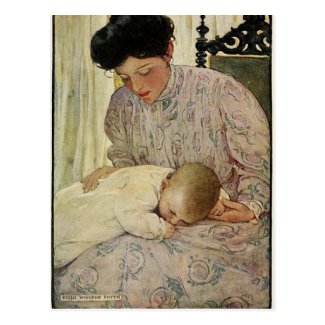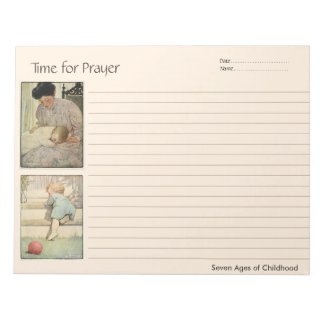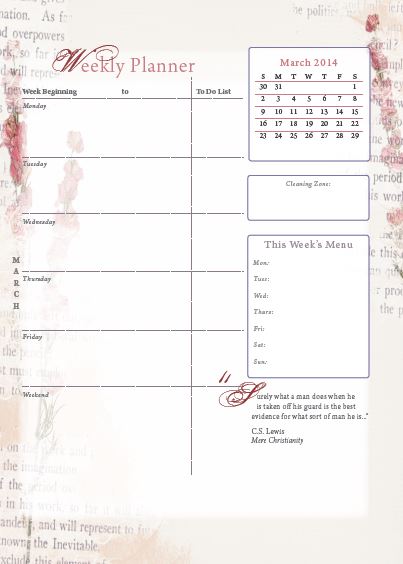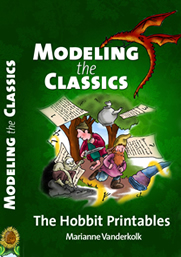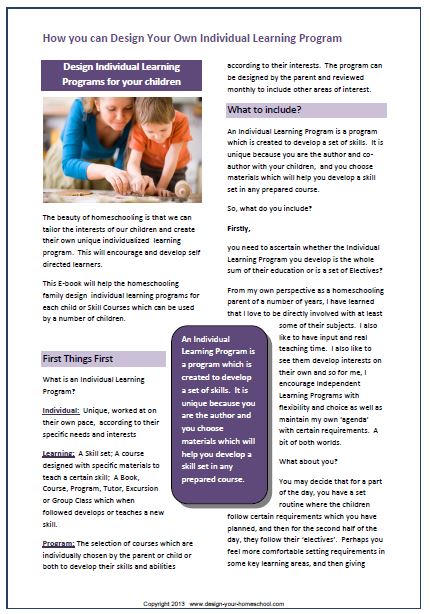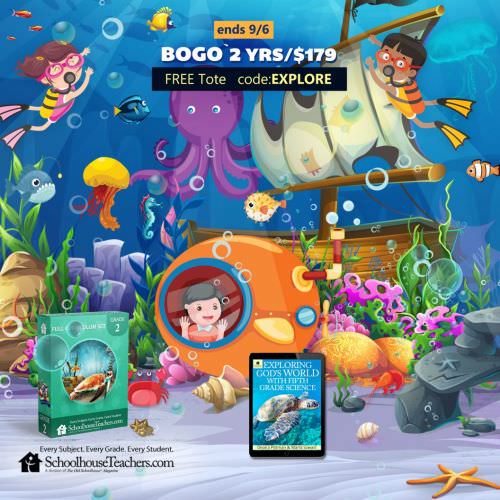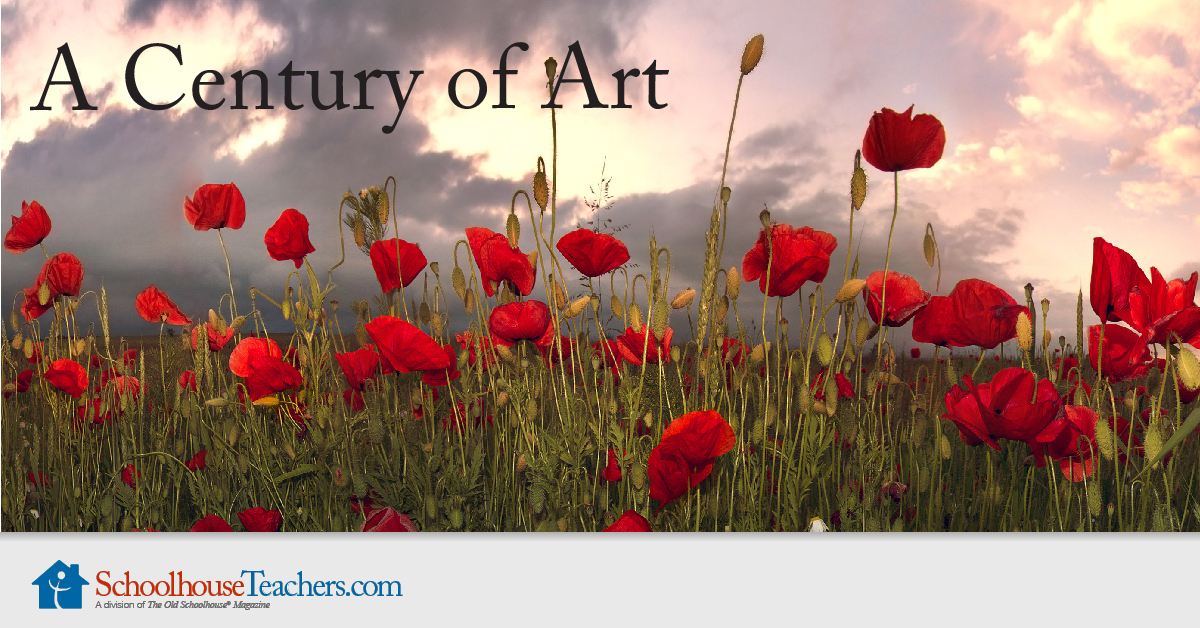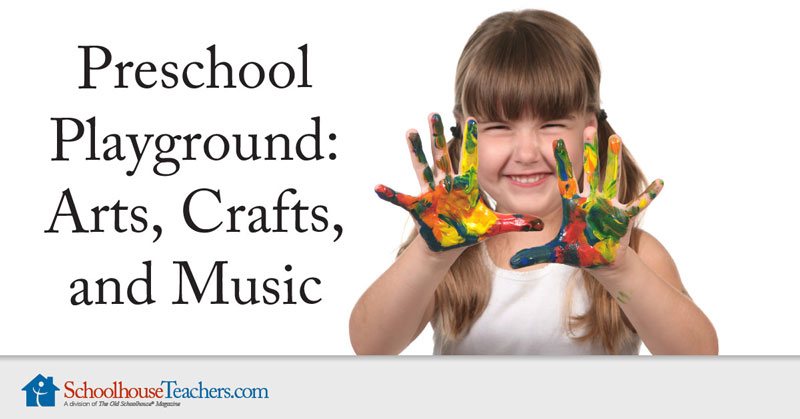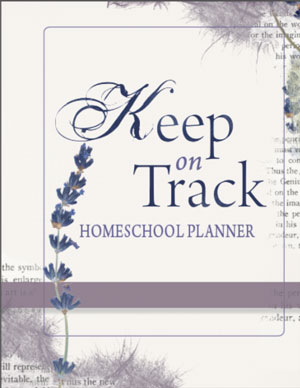- Home
- Learning Stages
Learning Stages in the Homeschool Context
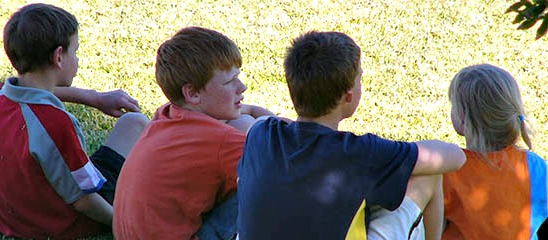
How do you tackle learning stages in your homeschool?
Sometimes it is helpful for homeschool parents to focus on particular aspects of learning in each learning stage and to use certain methods in your homeschool at that time. We recognize that we cannot artificially divide children into learning stages which correspond directly to a certain age, but I do believe that learning happens differently at different times and so a specific focus can lessen an unnecessary frustration.
Firstly remember the uniqueness of each child.
So, as we discuss learning stages, I want you to remember once again, the individuality of your child and the flexibility of the "ages" given. One child may take on characteristics of a learning stage well before the "age" and visa versa.
You would note that I use the Classical Divisions of Learning Stages. I do so, because in my understanding, any child's natural development is according to this structure. In fact, I believe that all of our learning occurs in this developmental way, from gaining information - to assimilating the information - to expressing the information. In a sense, I see the classical divisions as an umbrella under which one can apply a range of methods in each learning stage.
What to focus on in each of the Learning Stages?
In each stage, I condense the skills into Areas of "Focus". This is a huge generalization - but yet can help the parent to keep in mind what we mainly need to focus on in the given age/stage. This helps us to set appropriate goals.
Stages:Preschool / Ages 5-8 / Ages 9-12 / Ages 13-15 / Ages 16-18+
Preschool Homeschool
Stage: Ages 0-5
Focus
Obedience,
Character Development,
Vocabulary Development
Best Teaching Methods
Training through parental modelling,
Conversation,
Talking with your child in the variety of household, gardening, shopping excursions.
Household chore training
Excursions
Hands-on Teaching
More information on homeschooling in preschool: "Homeschool Preschool- without being overwhelmed!"
Real Life Learning
Chores
Shopping
Dressing
Helping younger siblings
Obedience without grumbling
Natural learning opportunities in daily life and activities
Helpful Links
Shirley's Preschool Activities
ABC Fun & 1-2-3 Preschool Curriculum
Teaching Tiny Tots is a parent's resource for toddler activities designed to engage your child and promote learning through playing.
Early Grammar Stage
Stage: Ages 5-8
Focus
Character Development,
Vocabulary Development
Reading
Best Teaching Methods
Training through parental modelling,
Conversation,
Household chore training
Formation of Habits,
Hands-on-Learning
Parent Reading aloud
Short Lessons
Outdoor play and walks
Teaching of phonics
Memorization of Bible verses, hymns, poems
Copying letters, words, sentences
Copywork of Bible Verses, and Poetry
Oral Narrations from short passages to chapter narrations
Real Life Learning
Chores
Shopping
Dressing
Helping younger siblings
Obedience without grumbling
Natural learning opportunities in daily life and activities
Reading signs and labels
Writing shopping lists
Making Cards for family
Memorizing and reciting Bible verses and passages
Writing short letters
Helpful Links
Lots of easy activities from an occupational therapist to develop your preschooler's fine motor skills, gross motor skills, coordination and much, much more! Visit OT-Mom-Learning Acitivities here.
Upper Grammar
Stage: Ages 9-12
Focus
Character Development,
Vocabulary Development
Spelling
Grammar
Growing a knowledge base through reading across curricula
Reading
Best Teaching Method
Training through parental modelling,
Conversation,
Household chore training
Parent reading aloud - across the curricula
Assigned reading across the subject areas
Oral Narrations moving to written narrations
Learning Parts of Speech
Diagramming Sentences
Copying excellent literature - use as a base for modelling
Real Life Learing
Chores
Shopping -finding specials
Preparing Meals
Helping younger siblings
Natural learning opportunities in daily life and activities
Small business opportunities
Earning Pocket Money
Building computer skills
Adding a webpage or mini-site as an online journal
Logic / Dialectic Stage
Stage: Ages 13-15
Focus
Growth in Understanding
Making logical conclusions
Transferring knowledge into real projects
Learning Valid Reasoning
Support arguments with logical and valid reasons
Detecting Invalid reasoning
Discerning Causes and effects
Composition
Learning to structure paragraphs and essays - topic sentences and supporting statements,facts, examples...
Vocabulary Development
Algebra and Geometry
Best Teaching Methods
Training through parental modelling,
Conversation
Discussions in logical reasoning
Outlining paragraphs and essays - using it as a model
Assigned reading across the subject areas
Oral discussions on reading
Written Narrations moving to essay formats
Copy excellent literature - use as a base for modeling
Real Life Learning
Natural learning opportunities in daily life and activities
Discuss current affairs
Use advertisements, commercials, articles to expose invalid reasoning
Cooking, Sewing
Projects - woodwork, bicycle repair
Small business opportunities
Earning Pocket Money
Building computer skills,
Adding a webpage or mini-site as an online journal
Building an Ideas Mindset - heaps of fun!
Rhetoric Stage
Stage: 16-18+
Focus
Growth in Understanding
Expressing what they have learned
Transferring knowledge into real projects
Practical application of their learning
Best Teaching Methods
Training through parental modelling,
Conversation
Discussions
Speech writing and delivery
Opportunities to develop own initiatives and follow personal talents and interests
Written Expression - developing clarity and logic
Copy excellent literature - use as a base for modeling
Parental encouragement to show practical application of interests and learning
Real Life Learning
Creative Thinking - Exercises and ways to develop an "Ideas Mindset"
Natural learning opportunities in daily life and activities
Practical application of learning
Culmination projects
Speeches; Research Essays
Cooking, Sewing, Projects
Small business opportunities - developing a business
Building computer skills,

